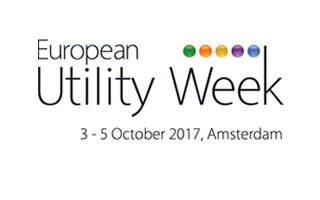
In a country, does the historical structuring of the energy market influence its current dynamism? This is the question that comes to mind when we compare the dynamics of different countries in terms of energy policy and change. Indeed, the stakes are the same for all nations: only differ the conditions in which these stakes arise and therefore the adaptations needed for the different solutions to stick to a local reality.
However, the degree of openness of the actors, the sensitivity to innovation, the intensity and the speed of developments show significant differences between countries.
Factors seem to favour the dynamism of countries with a more fragmented market with, historically, several energy suppliers, several network operators or a more diversified energy mix.
– Even if the players in the market are not always in direct competition, an emulation, a competition spirit appears between the actors, network operators for example. They espouse, copy themselves and are keen to set the most advanced standards in their country in order to be recognized by their customers. This dynamism is reflected in the diversity of Smart Grid projects or energy parts of Smart Cities projects. The cumulative experiences create an important reservoir of choices to build tomorrow’s solutions.
– Utilities sometimes share resources for research. The most emblematic example is probably the United States where the utilities fund a joint research organization: the EPRI. Thus, research is not the prolongation of a unique culture in the future, but it benefits from various cultural and technical contributions to invent a common future.
– Energy companies are partnering to work together on the major energy issues of the country. The mission of some Smart Grids associations attests to this: either as in Switzerland, the association gathers the actors of the same trade, network operators in this case, or as in many countries, the association has a wider perimeter and federates all the actors of the energy and the industry present in the country. These associations aim to co-design the energy systems of the future. As one of the co-founder of the Gridwise Alliance more than 10 years ago, I had the pleasure to participate in such a dynamic and to measure its power and benefit.
In contrast to fragmented markets, France offers a radically different model: a highly concentrated market based on historical national players and a non diversified energy mix. This market gives rise to more intense defensive strategies, to actions to control innovations and various initiatives. The lack of cultural diversity and lack of diversity in the intentions and models of the experiments carried out, are beginning to create tensions in this market between limited offers and unmet needs.
In all cases, the lesson to be learned from market observation is the urgent need to collaborate within the same market, between countries, between actors. Driving the evolution of energy systems requires feeding on as many different approaches as possible.




Leave a Reply